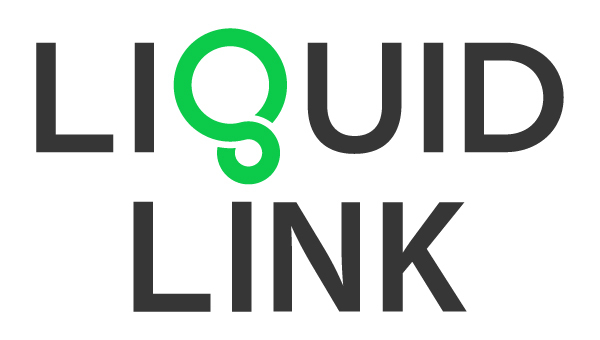

News
After a long wait, meaningful regulation for the umbrella company sector finally feels within reach. The government has now outlined its intended route, with Joint and Several Liability (JSL) set to be the enforcement mechanism it will run with.
Back in the Autumn Budget 2024, the government stated its intentions to change who the “deemed employer” was in the contractor supply chain from the umbrella company to the recruitment agency or employment business. This was “Option 3” in 2023 consultation “Tackling Non-Compliance in the Umbrella Company Market”. Where no agency is involved, the end client would assume that responsibility. While the details were not finalised at the time, the direction was clear: enforcement would not stop at the umbrella company.
Umbrella Regulation was scheduled to come into force from April 2026, and that timeline remains unchanged. Now that the direction of travel has been laid down, draft legislation is expected to be published in mid-July…watch this space and we’ll keep you updated.
JSL means that if a party in the supply chain fails to meet its tax obligations, others in that chain can be equally liable. In the context of umbrella companies, this could mean that recruitment agencies, or even end clients, could be pursued by HMRC for unpaid tax if they have partnered with a non-compliant umbrella provider.
The key points of a Joint and Several Liability approach are:
So, let’s say an umbrella fails to correctly process PAYE tax or operates a disguised remuneration scheme. Under JSL, the agency that supplied the worker could be on the hook for those liabilities, even though they were directly responsible. This puts the onus on all parties to undertake due diligence and not turn a blind eye to what is going on below them in the supply chain.
…for recruitment agencies
This is a wake-up call for agencies still engaging with non-compliant umbrellas. With Joint and Several Liability, the cost of poor due diligence could be devastating both financially and reputationally. Agencies must now take demonstrable steps to ensure the umbrella companies they are working with are completely above board, or be prepared to face the consequences.
….for contractors
For contractors, these changes should be welcomed. Regulation will raise standards industry-wide and protect workers from rogue umbrellas that underpay tax or use aggressive avoidance schemes. When agencies are compelled to use compliant providers, contractors are more likely to receive proper pay, correct holiday accruals and full employment rights.
While some may view JSL as a burden, it is in fact a long-overdue step towards fairness and accountability in the labour supply chain. It will help create a level playing field, remove the commercial advantage of non-compliant practices and reward those who operate ethically.
Crucially, it also offers stronger safe-guards for workers, ensures tax is paid where it’s due and promotes responsible behaviour across the entire supply chain.
In short? It looks like Joint and Several Liability is the government’s plotted course for umbrella regulation. Agencies must now prioritise honing their PSLs and only working with compliant providers. The risks are too great not to.

Share this article